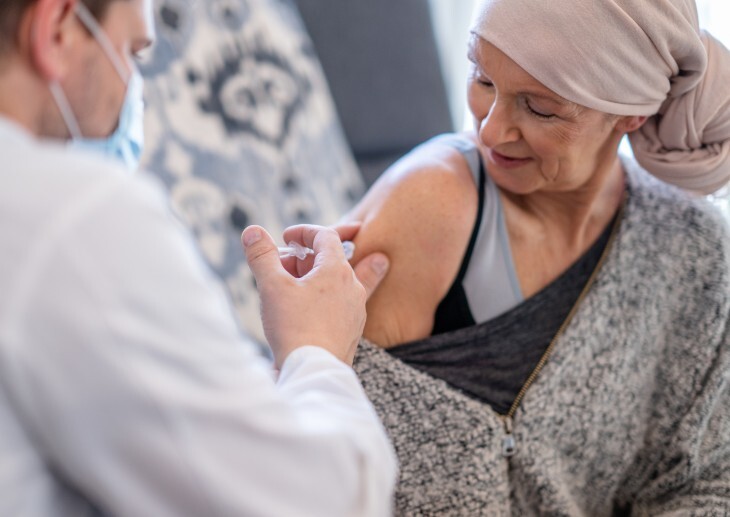More than 1 million people have completed the Oliver McGowan mandatory training to support people with a learning disability or autism, new data from Health Education England (HEE) has shown.
The e-learning module was introduced in November 2022 to help integrated care boards (ICBs) train staff to better support and meet the needs of autistic people or people with a learning disability.
It is the first of two tiers and is designed to provide staff with more general awareness, with the second tier intended to help those providing care and making more complex care decision.
The milestone was met before the seventh anniversary of Oliver McGowan’s death (11 November), who died after being given antipsychotic medication, despite warnings that they were unsuitable for him.
Under the Health and Care Act 2022, CQC-registered service providers must ensure their staff receive training on learning disabilities and autism appropriate to their role.
The training was co-developed with expertise from people with a learning disability and autistic people, and follows a two-year trial involving 8,300 health and care staff across England.
Last week, the Department of Health and Social Care (DHSC) published new guidance for providing care for people with a learning disability or autism who are detained in mental health and specialist learning disability hospitals.
The report, led by Professor Sheila the Baroness Hollins (8 November), recommended all staff working with people with a learning disability or autistic people ‘should be delivering therapeutic and human rights-based care’, and should receive training, including tier 2 of the Oliver McGowan training.
The report also recommended:
- DHSC and NHS England consider how ‘best to equip commissioners with relevant skills and knowledge to ensure cost effective and humane commissioning’
- Professional bodies issue good practice guidelines on the assessment and treatment of people with a learning disability or autistic people in solitary confinement
- Everyone in solitary confinement must have access to independent specialist trained advocacy, specialist free legal advice and a redress scheme.





